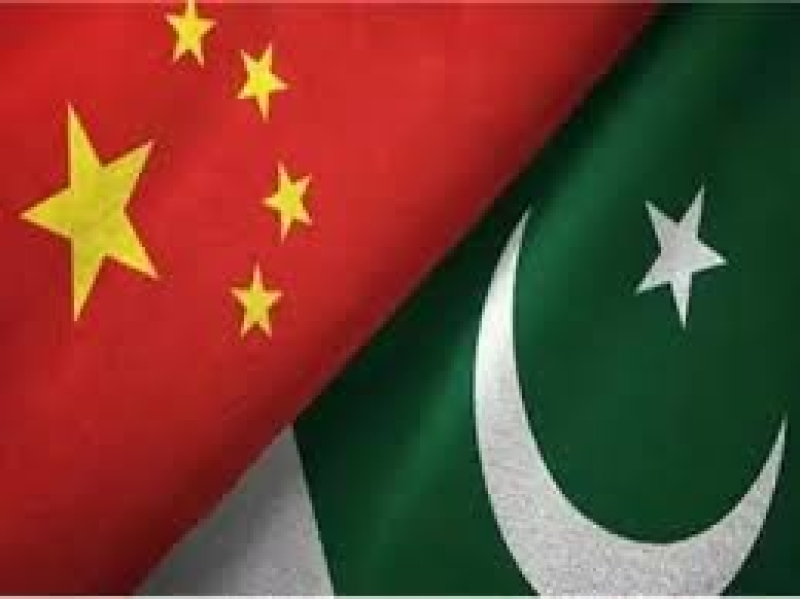- Trump considering military options on Greenland; Europe rejects |
- Fertiliser crunch threatens Kushtia’s onion boom despite high prices |
- Security Council Divided on United States' Venezuela Action |
- Over 1.53m voters register for postal balloting: Shafiqul Alam |
China and Pakistan Commit to Enhancing CPEC Ties

China and Pakistan have reaffirmed their commitment to advancing the second phase of the China-Pakistan Economic Corridor (CPEC), underscoring their long-standing partnership, both countries announced on Saturday.
The agreement was reached following a meeting between Chinese Vice Foreign Minister Sun Weidong and Pakistan's Foreign Secretary Amna Baloch in Beijing on Friday, during the fourth round of diplomatic talks at the vice-foreign ministerial level.
“The two sides reiterated that China and Pakistan are ‘ironclad friends’ and ‘all-weather strategic cooperative partners,’” China’s Ministry of Foreign Affairs said in a statement. “The time-tested friendship between the two nations continues to grow stronger.”
CPEC 2.0
Both officials co-chaired the fifth session of the CPEC Joint Working Group on International Cooperation and Coordination (JWG-ICC) on Friday, where they discussed the next phase of the project. Beijing emphasized the need for a major “upgrade” to CPEC, which was initially launched in 2015, involving billions of dollars in Chinese investments aimed at boosting Pakistan’s infrastructure and economic development.
The CPEC initiative is a key component of China’s Belt and Road Initiative (BRI), a vast global infrastructure project designed to enhance trade routes and foster economic ties worldwide.
Pakistan's Ministry of Foreign Affairs stated that CPEC 2.0 would prioritize “high-quality development,” focusing on industrialization, Special Economic Zones (SEZs), clean energy, agriculture, and projects aimed at improving livelihoods.
A Pakistani Foreign Ministry statement, shared on social media, emphasized both countries’ "firm resolve to elevate Pakistan-China ties to a new level of cooperation and collaboration."
Challenges to CPEC’s Success
However, the ambitious project faces significant challenges, including political instability, economic stagnation, and ongoing energy shortages in Pakistan. Recently, hundreds of Pakistani protesters blocked a section of the Karakoram Highway—one of the critical routes of CPEC—demanding an end to power outages that have plagued the region. In the snow-covered Gilgit-Baltistan area, residents have been enduring blackouts lasting over 20 hours, with temperatures dropping to -15°C (5°F).
The protests disrupted the movement of freight trucks, which are vital for trade between the two countries. Despite these hurdles, Pakistan remains hopeful that continued Chinese investment in CPEC will help address its economic difficulties and provide a path to stability.

